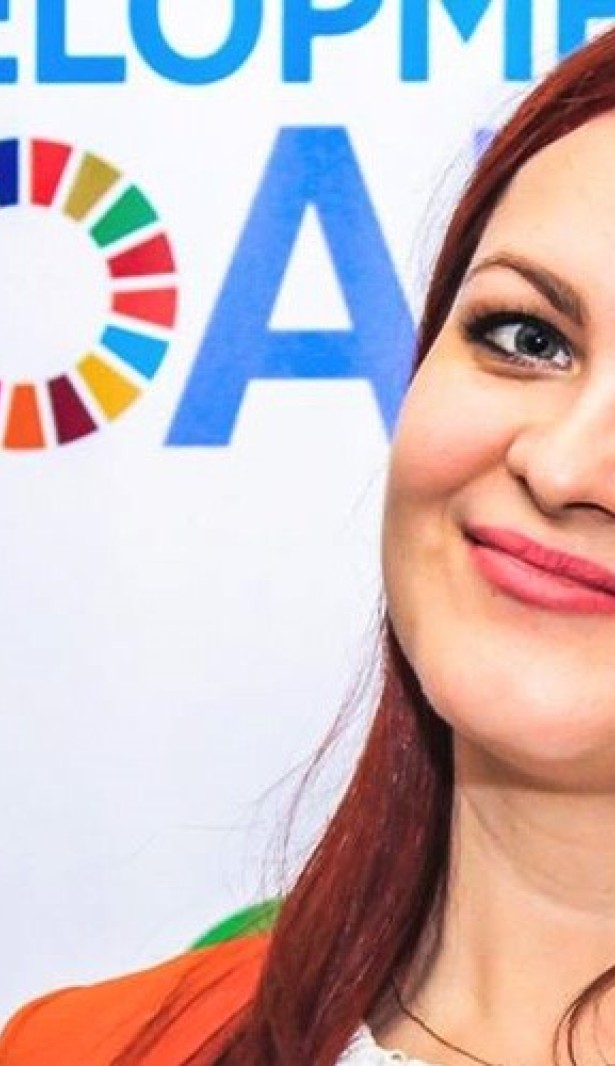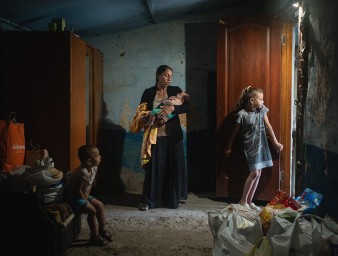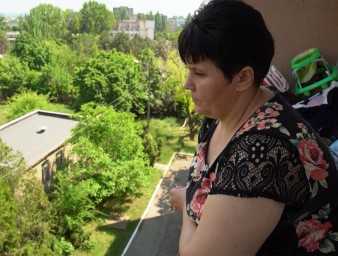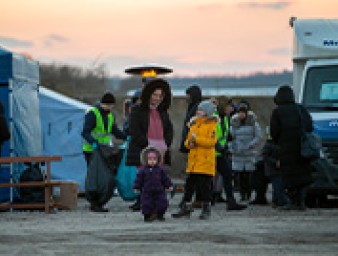Voices from the Field: Protecting human rights in Moldova amidst COVID-19
30 April 2020
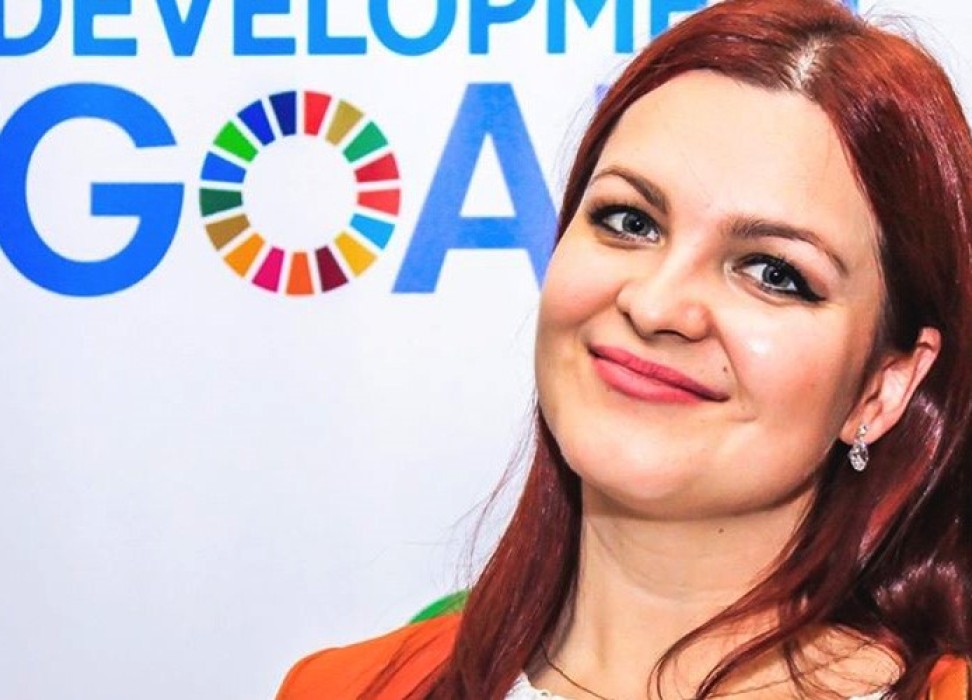
The eastern European nation of Moldova recorded its first case of COVID-19 on 7 March 2020. About a week later, the Government declared a state of emergency for a period of 60 days.
Vulnerable people – including older people, people with disabilities and ethnic minorities – are especially at risk, in a context where services for them were already limited.
At the time of writing, the country had recorded 3,638 COVID-19 cases, and 109 people had died as a result of the virus (source: World Health Organization).
Cristina Mardari works for UN Human Rights in Moldova.
How has COVID-19 affected your work?
I was actually on vacation abroad when Moldova’s border was closed. Since March, I’ve been in lockdown away from home, working from a distance. Thankfully, we’ve been able to keep up with most of our activities, and our work has not been affected that much. We’ve had to adapt quickly, and be proactive in promoting human rights, but we’re managing to succeed so far.
What are the main human rights concerns that Moldova is facing?
Our country was already suffering, and the pandemic is just worsening the situation. Some of the main issues we are seeing are a lack of safe and hygienic working conditions, particularly for medical staff; as well as limited access to medical care, and to food and water, especially in rural areas.
In the Moldovan media and on social media, there has been an increase of hate speech and discrimination towards returned migrants, ethnic minorities and people with COVID-19. At the same time, we are seeing growing limits on freedom of speech, and freedom of press.
Like many areas in the world, we’re sadly also seeing increased incidents of domestic violence.
And we’re particularly worried about how COVID-19 is affecting vulnerable people, such as people with disabilities, ethnic minorities, people with chronic diseases, older people, detainees and people in other institutions, returned migrants and homeless. They have far more limited access to social services and information on the virus.
What is UN Human Rights doing in Moldova to protect the rights of people?
We are making sure that local voices are heard. We’ve set up an NGO taskforce, including about 50 organisations, where they are able to share knowledge, experience and advice on human rights issues.
Communicating to the public with accurate, evidence-based, timely and regular information is crucial during a public health crisis, and access to such information is a human right. In this light, we’ve developed a guide for communications officers of state authorities to help achieve this aim. This has also been useful for media professionals. We have also developed various information materials for the general population, focusing on different human rights, their meaning and their application.
What lessons have we learned so far during the pandemic?
I think the pandemic has taught us how crucial early action and collaboration is between citizens and official authorities, in order to prevent catastrophic consequences. The pandemic has also taught us to ‘go local’ – to sustain local producers and to limit consumption to what we need.
In the end, what really matters is the same for all of us: the health and safety of our family and our loved ones.
30 April 2020
